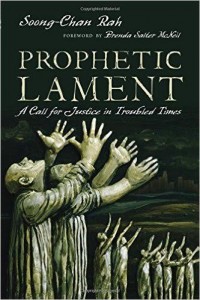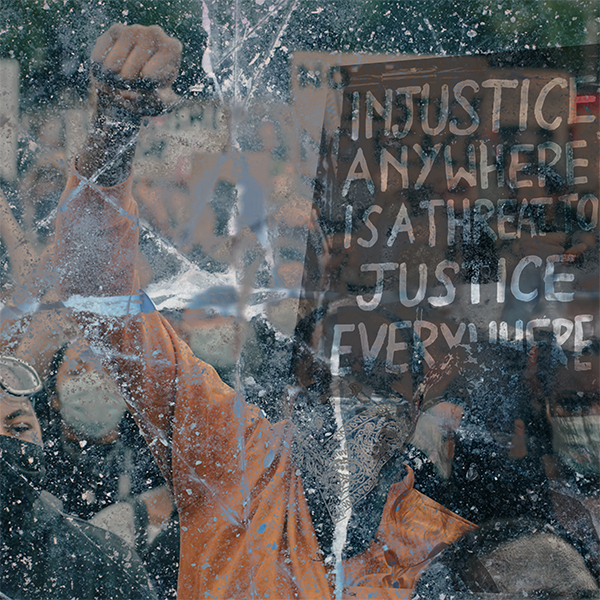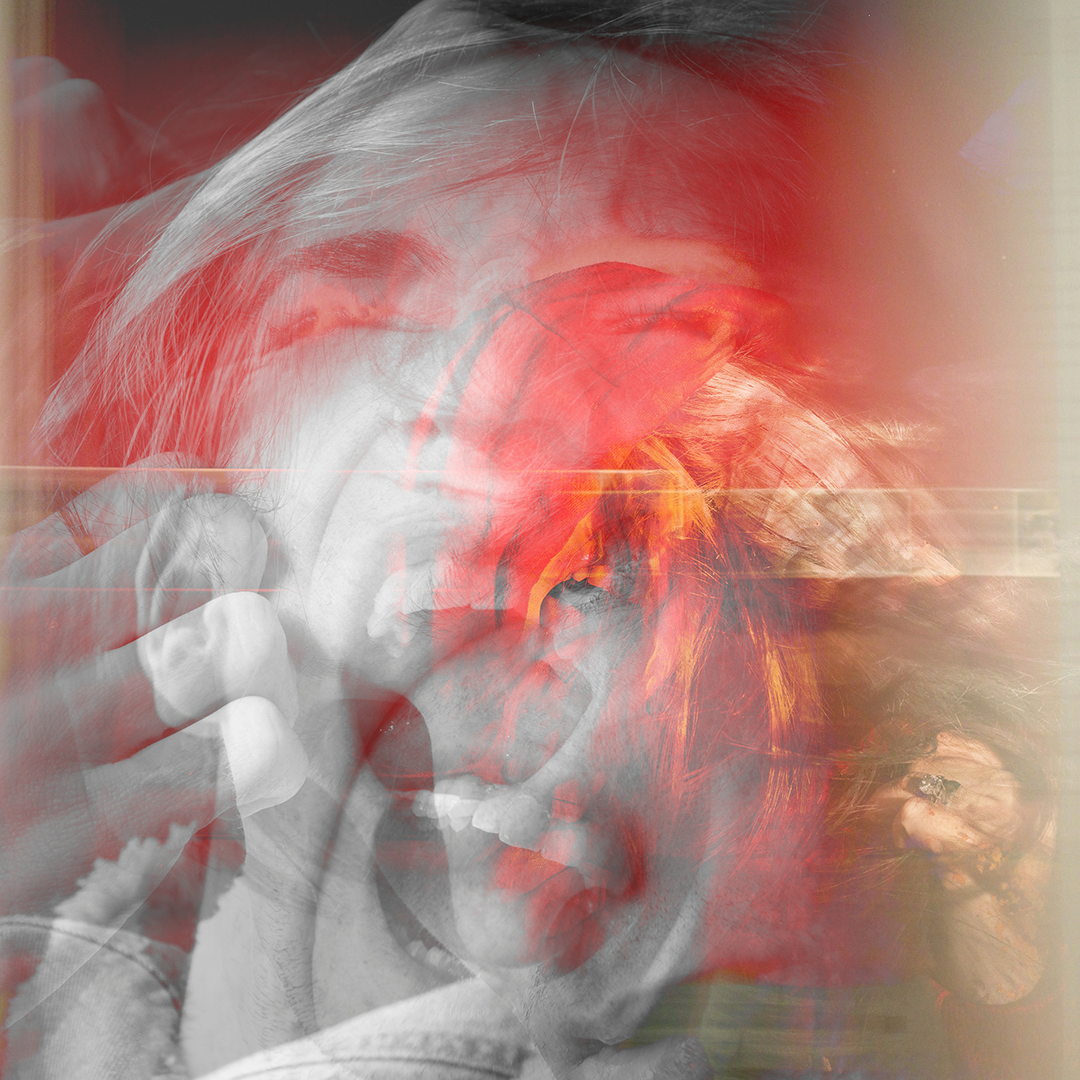Soong-Chan Rah Calls the American Church to Lament
“The American church avoids lament.” So theologian Soong-Chan Rah argues in his new book Prophetic Lament: A Call for Justice in Troubled Times (InterVarsity Press, 2015). This book is a commentary on the Old Testament book of Lamentations, but it is a commentary like no other. Rah seeks to exposit the oft-neglected book of Lamentations, but reads it with a view towards the state of the church in America.
 Rah explains that the American Christian worship tradition demonstrates a heavy emphasis on celebration, because many American Christians and churches are well-off. Put another way, Christians who are supported by the majority culture tend to interpret the Christian tradition through a lens of prosperity and praise. He writes, “Christian communities arising from celebration do not want their lives changed, because their lives are in a good place” (23). These celebrants want life to stay the way it is because they are comfortable. Lament though, Rah urges, arises from those communities experiencing suffering, and the sufferers bemoan inequity and cry out for justice.
Rah explains that the American Christian worship tradition demonstrates a heavy emphasis on celebration, because many American Christians and churches are well-off. Put another way, Christians who are supported by the majority culture tend to interpret the Christian tradition through a lens of prosperity and praise. He writes, “Christian communities arising from celebration do not want their lives changed, because their lives are in a good place” (23). These celebrants want life to stay the way it is because they are comfortable. Lament though, Rah urges, arises from those communities experiencing suffering, and the sufferers bemoan inequity and cry out for justice.
For American evangelicals riding the fumes of a previous generation’s assumptions, a triumphalistic theology of celebration and privilege rooted in a praise-only narrative is perpetuated by the absence of lament and the underlying narrative of suffering that informs lament (24).
Rah does not eschew praise and celebration. Obviously these expressions of worship and thankfulness have their proper place. The real question is how we can help the American church place value in, to paraphrase Cornel West, letting suffering speak. Rah notes that in the Septuagint (the ancient Greek version of the OT used by the early church) the title of Lamentations is “Wailings.” Is there a place in our churches, in our worship services, for hearing these wailings as believers and communities give voice to anguish, anger, grief, and confusion? Rah spends part of his time raising this important question – are our churches safe spaces to wail and weep for loss and prejudice, injustice and hatred, pain and brokenness? In our churches can we own up, not only to my sin, but also corporate prejudice and abuse, our sin (see 123).
Sometimes praise and celebration are the most beautiful things in the world. But sometimes they are a veneer, a blanket hiding deeper hurt and brokenness. Sometimes the hardest thing in the world is to face the truth. Lamentations teaches us, so Rah reminds, that facing the truth can hurt, but through the rivers of tears can come hope and life as we submit to God and his holy and just ways.
I echo the sentiments of Eugene Cho, one of the endorsers of Prophetic Lament, who writes: “I didn’t love the book, but I confess I needed this book…” Rah is a voice calling out in the wilderness, prepare a way for lament. Let the wailings of the weak, poor, and downcast ring in our communities, and let us open our ears to the broken and recognize the brokenness within our systems and cultures.
Read this book – not as a warm and comfortable bath, but as a stinging balm that heals.



